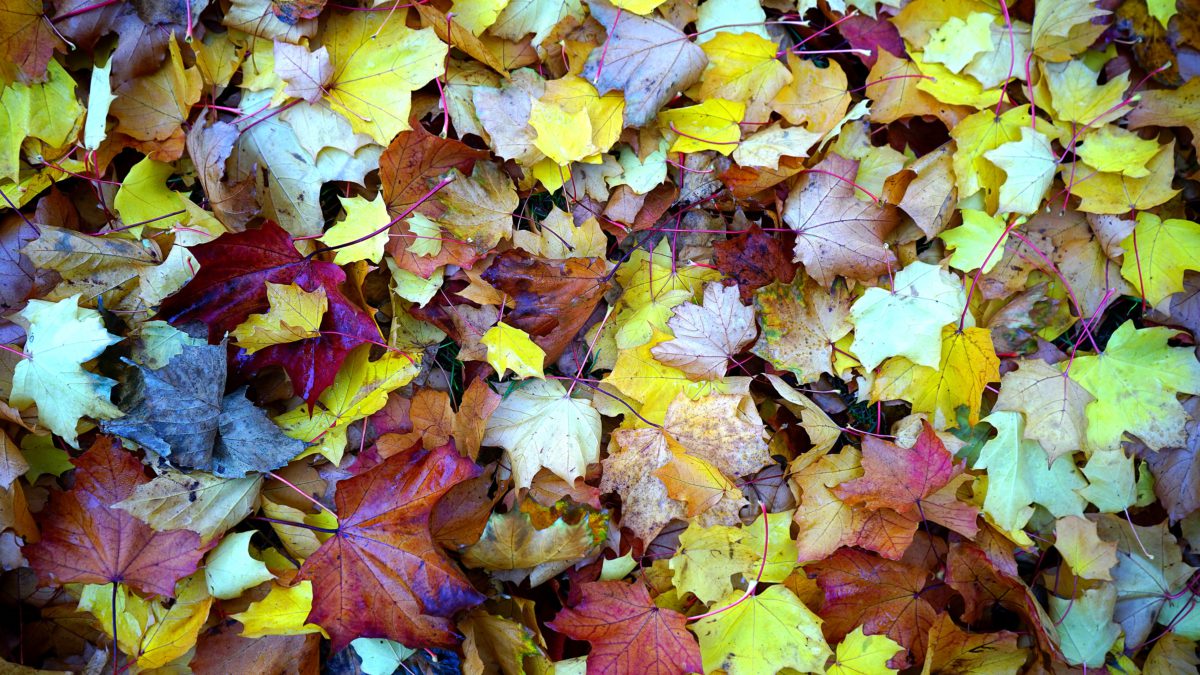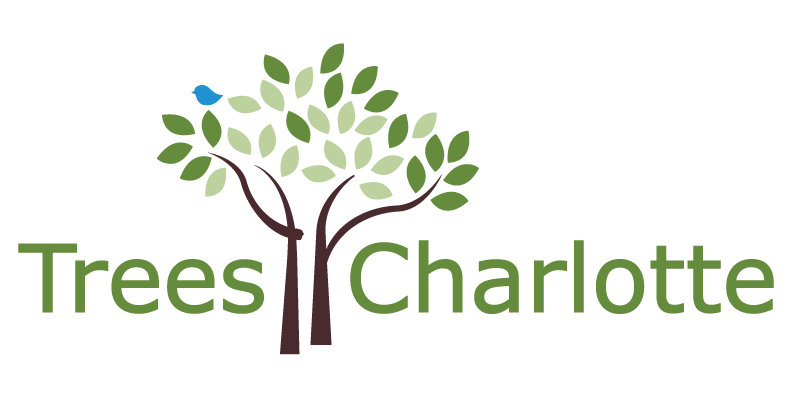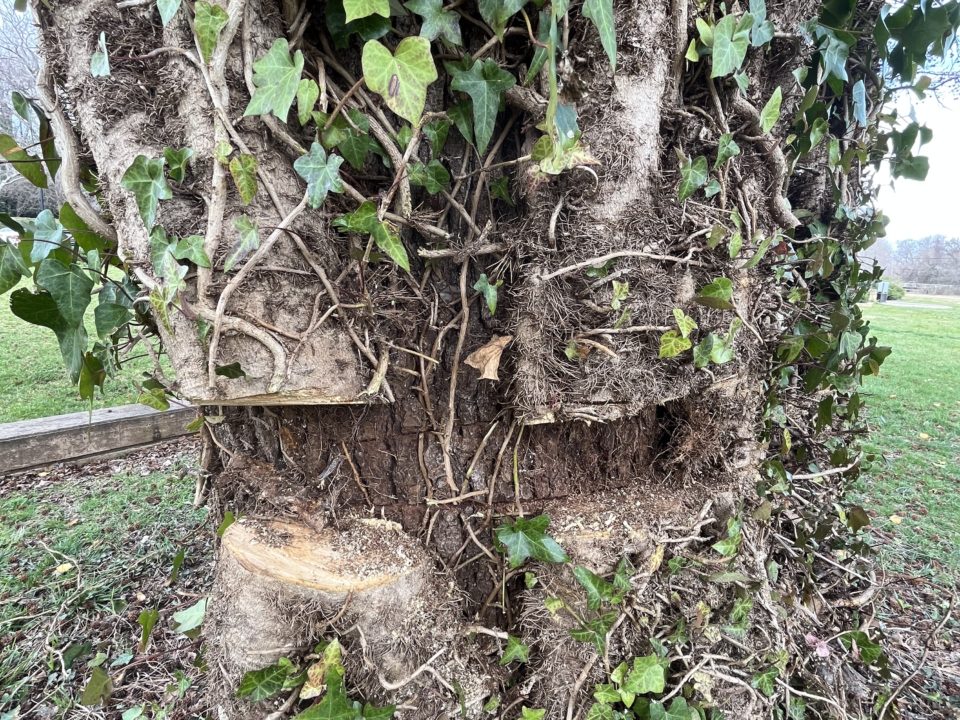Good news: No need to rake!

We get weary of all those oak leaves, too, but then we just read this awesome news from the National Wildlife Federation: It’s better to leave all those leaves on the ground than it is to rake them!
According to the U.S. Environmental Protection Agency, leaves and other yard debris account for more than 13 percent of the nation’s solid waste — a whopping 33 million tons a year.
Once in a landfill, leaves break down to release methane, a greenhouse gas that contributes to climate change.
Most fall foliage is trucked off to dumps in plastic bags, which takes years to break down and adds to the litter. The practice of raking leaves can disrupt natural habitats as well, since insects and amphibians look to leaf litter to provide food, shelter and nesting material.
Leaving leaves on your lawn won’t harm it, as long as it’s shredded. On the other hand, a thick layer of in-tact leaves left to decompose all winter can result in high levels of mold come spring.
The easiest way to shred leaves is to wait until they dry and go over them with a lawn mower. Research out of Michigan State suggests it’s perfectly safe to leave these small pieces on your yard all winter. They’ll even start to benefit your yard as a natural mulch.
If you’ve shredded and stored as many leaves as possible and still have an abundance of them, try:
- Combining leaves with grass clippings and food waste to make compost.
- Donating the leaves to a local garden, which may use them to make mulch or compost.
- Sweeping leaves into garden beds.



